The Energy – Economy – Society (EES/EWG) research program promotes application-oriented research in the field of energy policy. To this end, the EES focuses on economic, social, psychological and political issues throughout the energy sector supply chain. EES elaborates calls to fund innovative socio-economic research projects that address relevant energy-policy questions for Switzerland. Weiterlesen
Schlagwortarchiv für: Switzerland
Sicher in die Energiezukunft – SURE rückt Versorgungssicherheit ins Zentrum
Wie kann die Energieversorgungssicherheit im künftigen dekarbonisierten Energiesystem gewährleistet werden? Wie kommen wir dorthin und gegen welche Störungen des Systems müssen wir gewappnet sein? Diesen Fragen widmet sich das Konsortium SURE (Sustainable and resiliant Energy for Switzerland) unter Leitung des Paul-Scherrer-Instituts (PSI). Es ist eines von vier Konsortien, welches bei der ersten Ausschreibung von SWEET, des Förderprogramms des Bundesamts für Energie (BFE) den Zuschlag erhalten hat. Weiterlesen




 Noch keine Bewertungen
Noch keine BewertungenGeothermal energy is already used intensively in Switzerland, mainly by means of geothermal probes that collect heat from the ground to provide heat and hot water for buildings. However, the heat from deeper layers of the earth is hardly used: If one were to drill 1000 m and deeper, one would come across an enormous heat reservoir that can be used for heating purposes, industrial processes and electricity production. Weiterlesen




 Noch keine Bewertungen
Noch keine BewertungenWarentransport ohne CO2-Emission? SMARGO macht’s möglich.
Das alte Sofa entsorgen, den neuen Tisch im Möbelgeschäft abholen oder Waren ausliefern: Seit Ende Mai kann man in Bern, Basel und Lausanne Fahrzeuge mit E-Antrieb ausleihen für solche Transport-Fahrten. SMARGO – Shared Micro Cargo heisst das Shared-Mobility Angebot. Energeiaplus hat nachgefragt, wie es genutzt wird. Weiterlesen




 Noch keine Bewertungen
Noch keine BewertungenSustainable propulsion systems for passenger and freight vehicles are one of the major challenges in reshaping Switzerland’s energy supply. Among the multitude of technical problems is the development of compact turbo compressors, which play a central role in hydrogen-powered electric trucks, for example. Weiterlesen




 Noch keine Bewertungen
Noch keine BewertungenThe Joint Programming Platform Smart Energy Systems (JPP SES) in cooperation with the GEOTHERMICA ERA-Net network, which Switzerland is a part of, have launched a joint call for proposals for transnational projects on 31 May 2021. Weiterlesen




 Noch keine Bewertungen
Noch keine BewertungenDie ETH Zürich, die EPF Lausanne, die Universität Genf und das Paul Scherrer Institut führen die vier Konsortien an, die im Rahmen der ersten Ausschreibung des Forschungsförderungsprogramms SWEET den Zuschlag erhalten haben. SWEET leistet Förderbeiträge von 6 bis 8 Millionen Franken an die Forschungsprojekte der vier Konsortien für die folgenden 6 bis 8 Jahre. Weiterlesen




 1 Vote(s), Durchschnitt: 5,00
1 Vote(s), Durchschnitt: 5,00Wissenschaftskommunikation: Sieg für die Schweiz im internationalen Wettbewerb FameLab
Wie erklärt man in drei Minuten eine hochkomplexe wissenschaftliche Methode, mit der am Computer tausende verschiedene Materialien entworfen und auf ihre Fähigkeit geprüft werden, CO2-Moleküle einzufangen? Weiterlesen




 1 Vote(s), Durchschnitt: 5,00
1 Vote(s), Durchschnitt: 5,00Am 13. und 14. November fand der diesjährige Climathon statt. An diesem Event trafen sich Vertreterinnen und Vertreter der breiten Bevölkerung, aber auch Expertinnen und Angehörige von Hochschulen und Start-Ups, um Ideen zu sammeln und Konzepte zu den Themen Klima, Umwelt und Energieverbrauch auszuarbeiten. Weiterlesen




 Noch keine Bewertungen
Noch keine BewertungenSwiss Digital Days 2020: Wie digital sind Sie beim Thema Energie?
Intelligente Stromzähler, Cyber Sicherheit der Energieinfrastrukturen oder des Smart Homes: Die Digitalisierung betrifft alle möglichen Lebensbereiche – auch den Bereich Energie. Digitale Technologien bieten Chancen, sie bergen aber auch Risiken. Sagen Sie uns Ihre Meinung dazu! Weiterlesen




 1 Vote(s), Durchschnitt: 5,00
1 Vote(s), Durchschnitt: 5,00Kontakt
Bundesamt für Energie
Pulverstrasse 13
3063 Ittigen
Postadresse:
Bundesamt für Energie
3003 Bern
Telefonnummern:
Hauszentrale +41 58 462 56 11
Pressestelle +41 58 460 81 52
Newsletter
Sitemap
 Medienmitteilungen des BFE
Medienmitteilungen des BFE
- Ein Fehler ist aufgetreten – der Feed funktioniert zurzeit nicht. Versuchen Sie es später noch einmal.
 Shutterstock
Shutterstock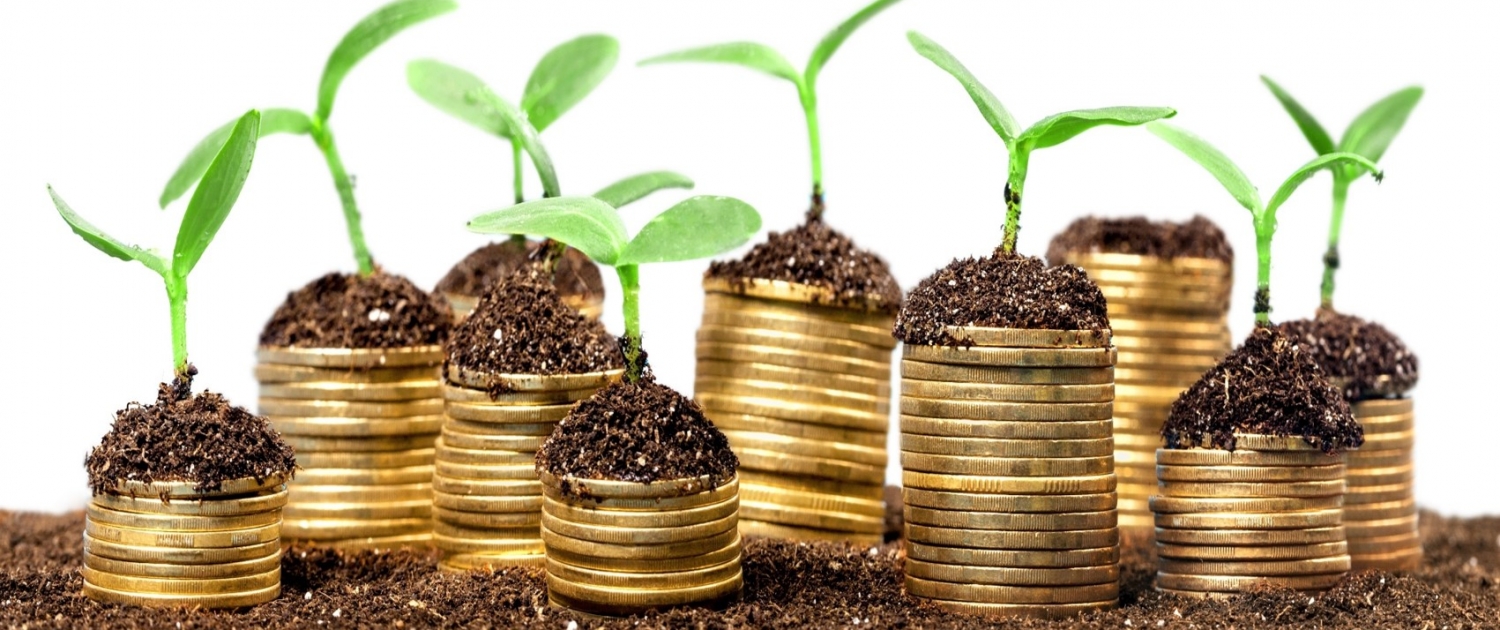 Shutterstock
Shutterstock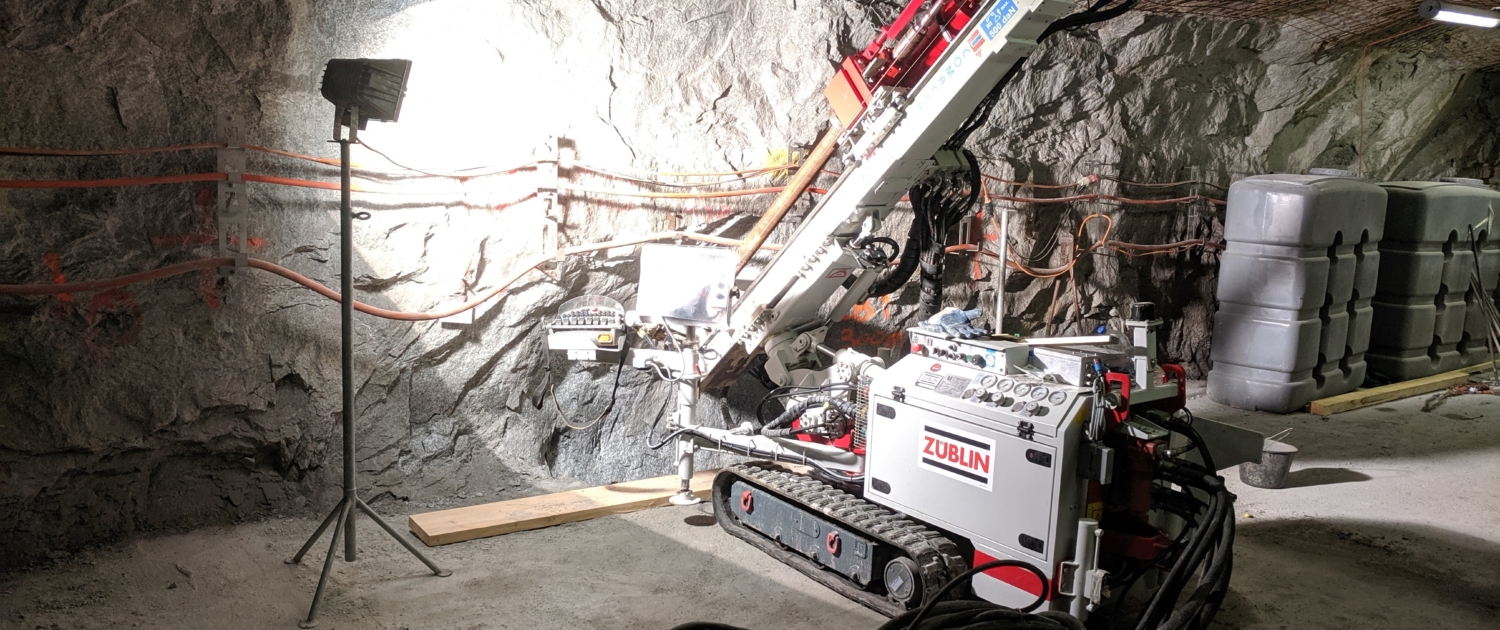 Benedikt Vogel
Benedikt Vogel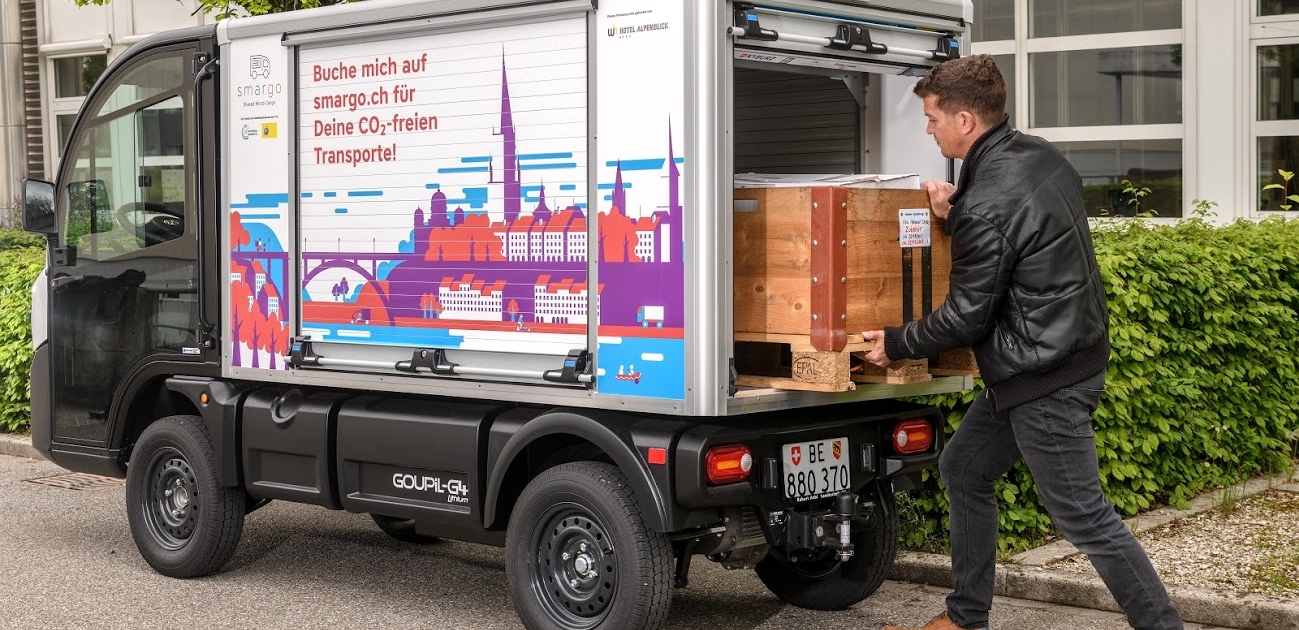 Mobilitätsakademie des TCS, Fotograf Emanuel Freudiger
Mobilitätsakademie des TCS, Fotograf Emanuel Freudiger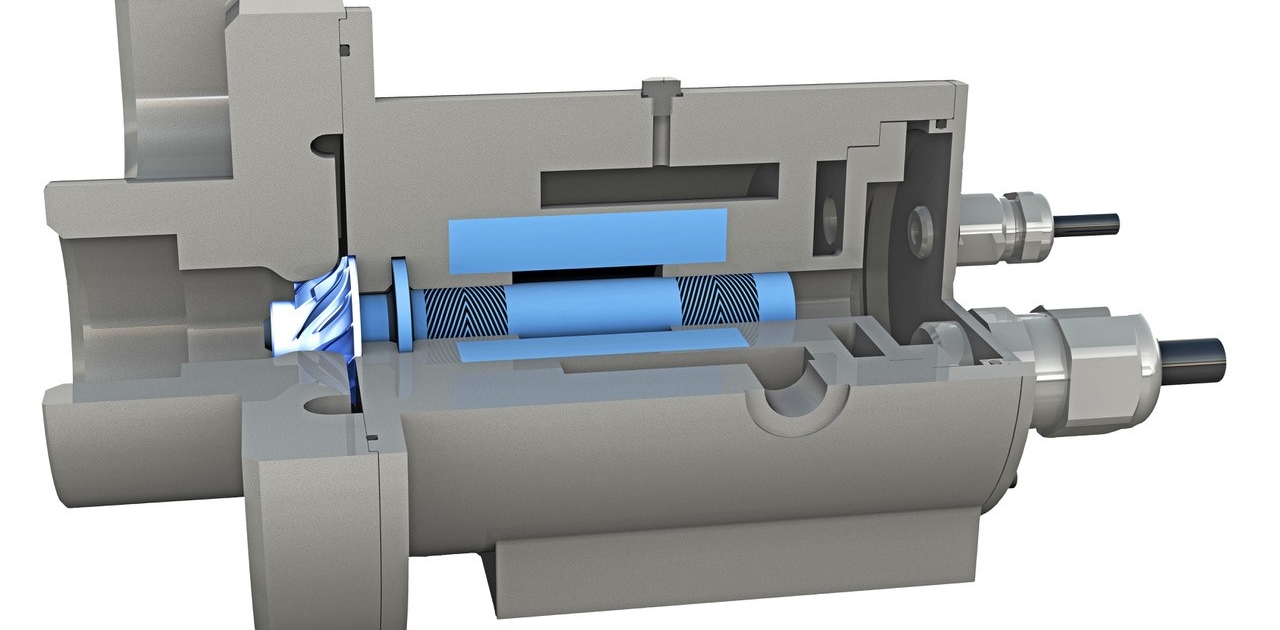 Celeroton
Celeroton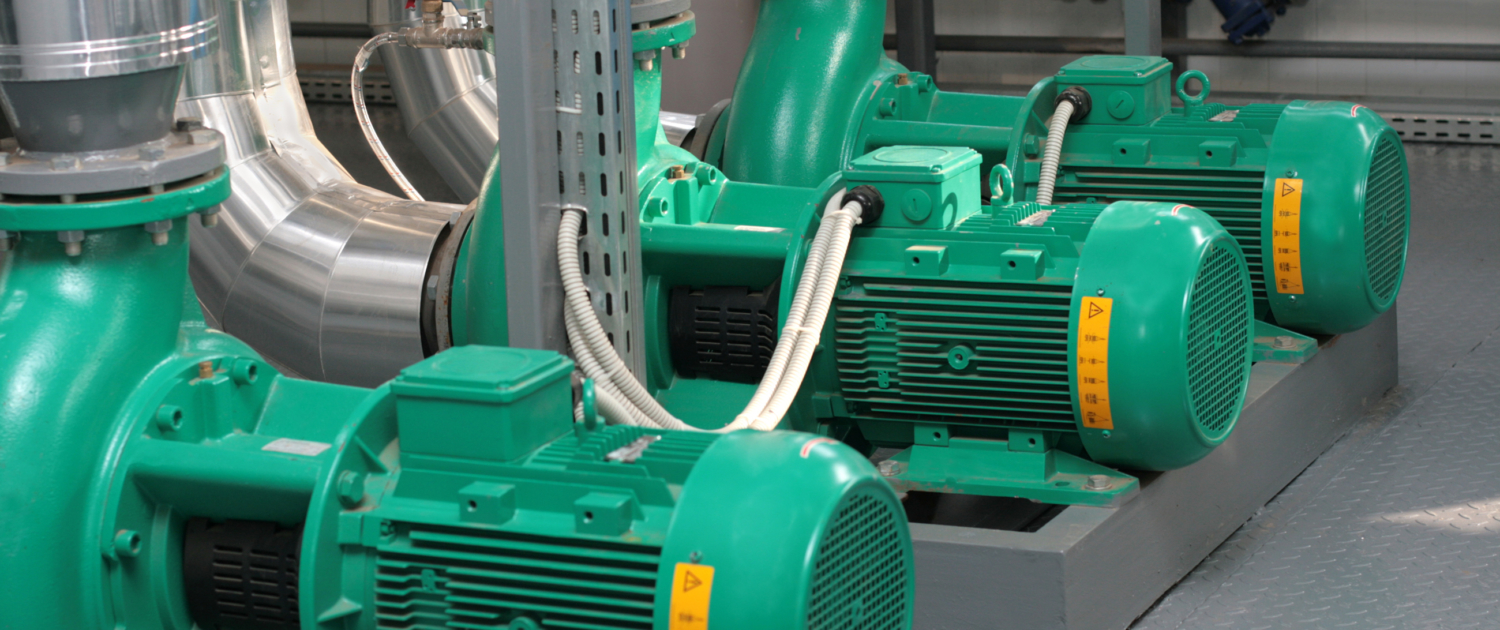 Shutterstock
Shutterstock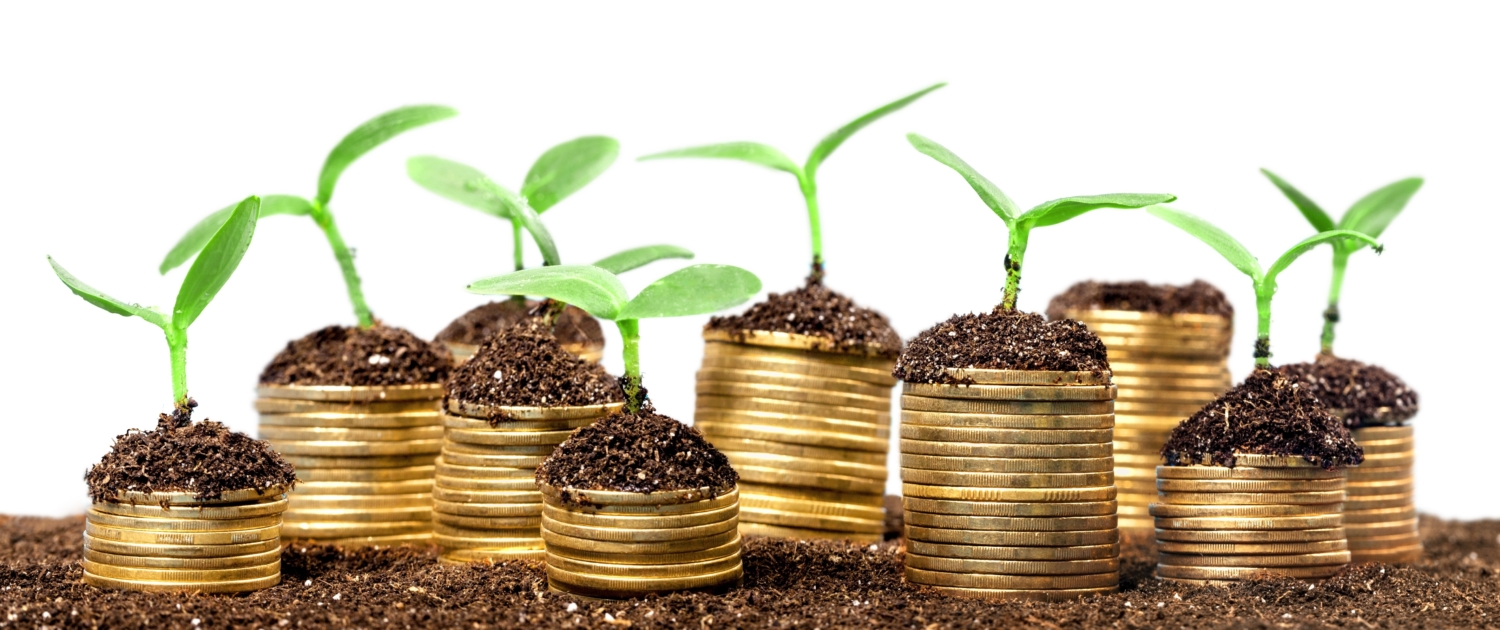 Shutterstock 288462527
Shutterstock 288462527 FameLab
FameLab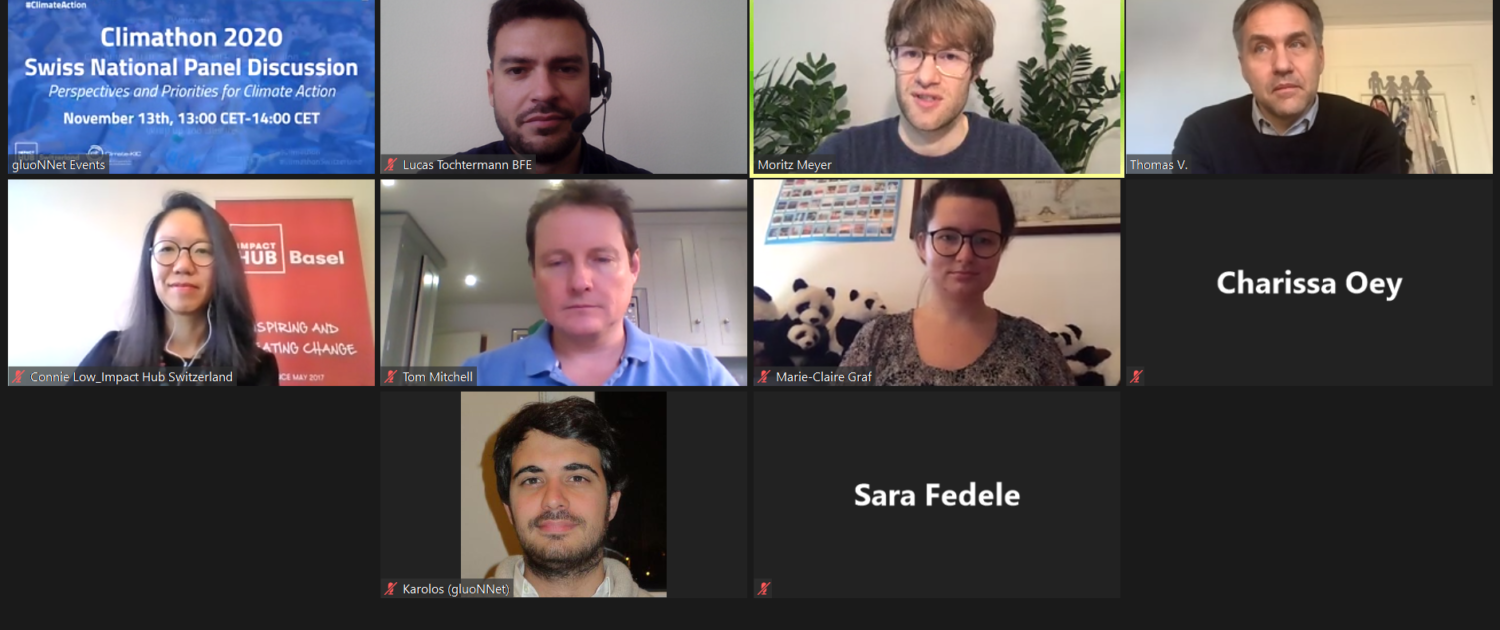 BFE
BFE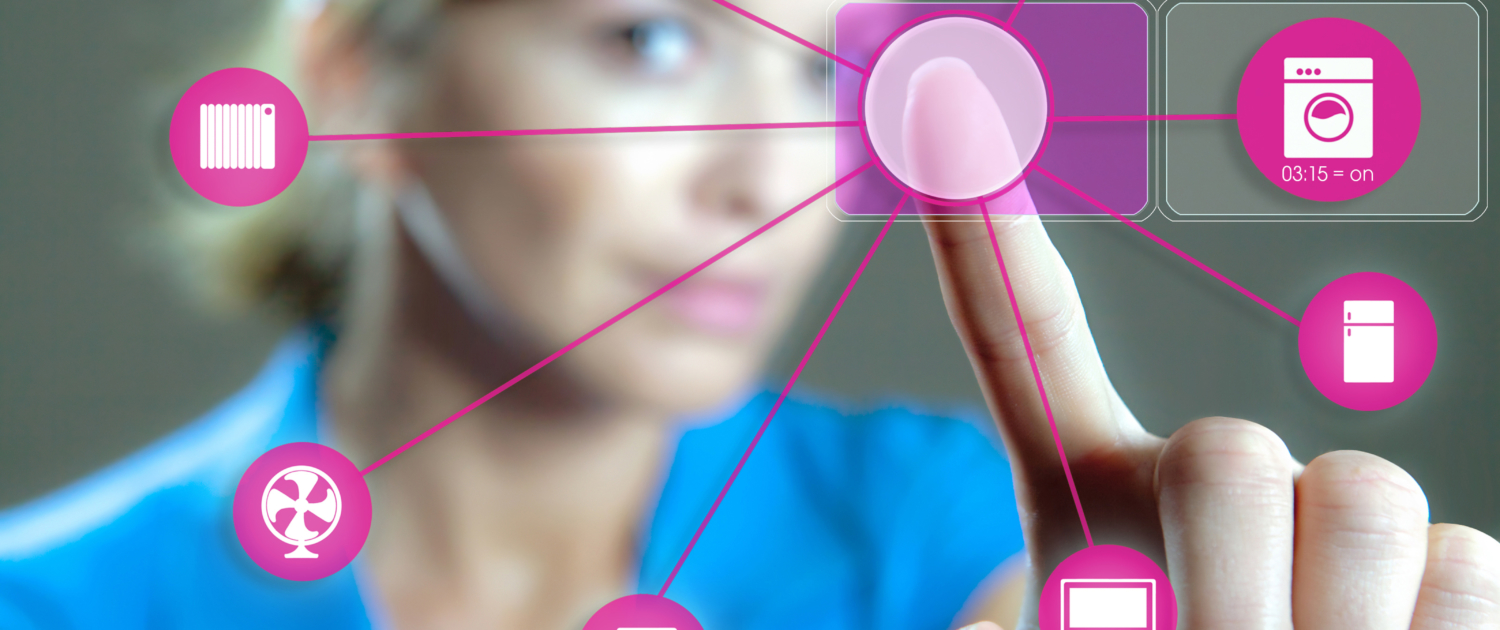 Shutterstock
Shutterstock